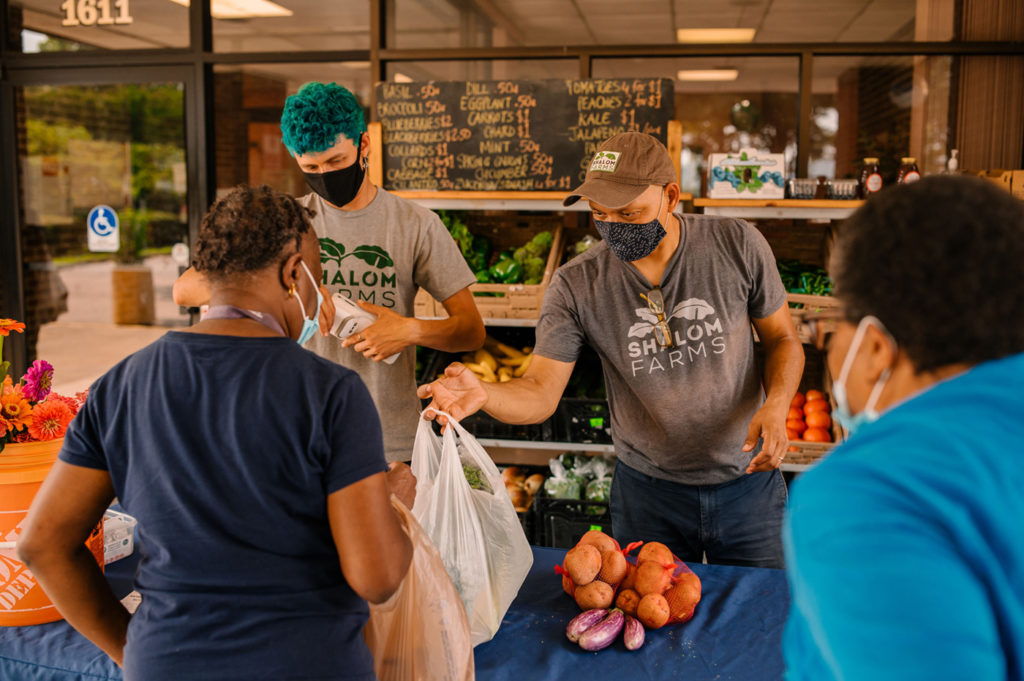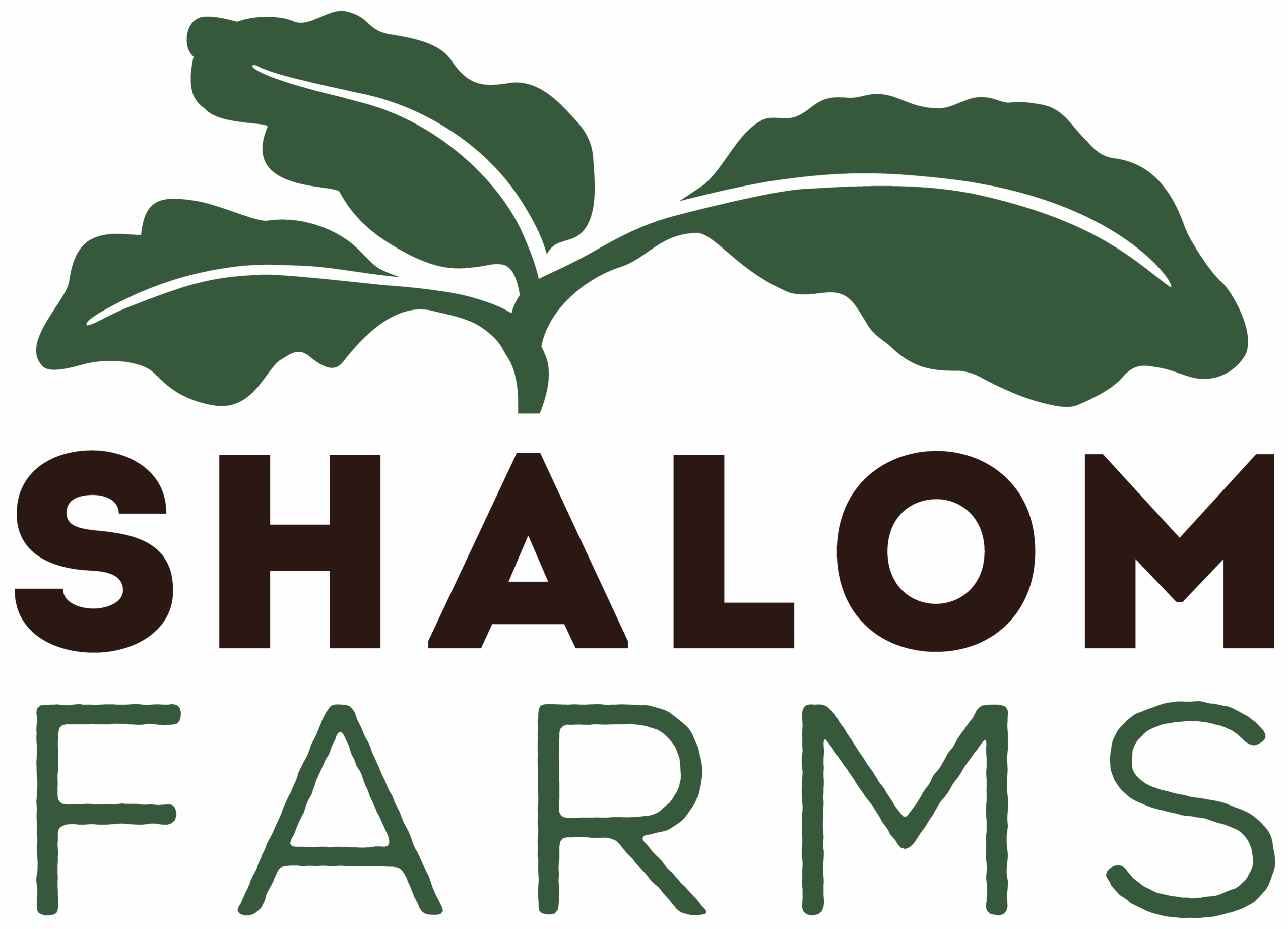Summer Mobile Market Updates
Our 2022 season of mobile markets is in full swing with fifteen mobile market sites served each week. We began our season in late May with two pop up markets at the Better Housing Coalition community of Lincoln Mews, and the Neighborhood Resource Center in Fulton. An abundance of greens like collards, three varieties of kale, and the best lettuce ever were the highlights of the first few weeks. Which were complemented by broccoli, cabbage, cilantro, cucumbers, early onions, yellow squash and more. Though, throughout the month of June the question form most market shoppers was “when will we get watermelons?”

It’s late July which means it’s time for watermelons! The broad goal of our mobile markets is always to attempt to meet the healthy food aspirations of our shoppers, which include produce items like watermelon.
Our food justice work begins with asking questions about what range of vegetables and fruit do families aspire to include in their diets, and then setting out to either grow most of what families aspire to, or source if from other Virginia farms. Like the silver queen corn from Deer Run farm in Hanover county. Or the wildflower honey from Hungry Hill farm in Nelson county.
Another critical question is asking what can families afford to pay for vegetables and fruit? Is one dollar for a head of cabbage too much? Should the bag of potatoes be three pounds or five pounds for a dollar? Almost always the answer to the question is bringing it to market and testing the price against what shoppers are willing to pay and what shoppers can afford to pay.
In our culture there is a belief, however misguided, that black and brown people don’t eat vegetables and fruit. No matter the politics of food distribution and the structural practices and policies of food apartheid. The belief is misguided, because what we see at our mobile markets is that families show up week after week purchasing bags and bags of produce to feed themselves and their neighbors.
Consider the affordable housing community of Lincoln Mews, in North Richmond down the street from our office, where we’ve been operating a mobile market since 2019. Since early June this year, shoppers there have purchased more than 400 tomatoes, over 300 cucumbers, over 100 bunches of collard greens, almost 250 yellow squash, close to 100 cabbages, and the list goes on.
This is important because it supports the idea that no matter if you live in an affordable housing community, you want healthy food for your family. This helps to demonstrate that if the price is right, the access is consistent, and the engagement from a place of humility, that people will show up for themselves and their families.
And this is amazing because while our work is often labeled as a band-aid approach, when we meet people where they are in their lives, no matter their circumstances, we find that people want more for their lives: better resources, better living conditions, better healthcare and educational opportunities, and better opportunities for right livelihoods.
As we look toward August and beyond, many more tomatoes and peppers await us. Add to that sweet potatoes, and more cooler weather crops in the fall. We also look forward to your support of this critical work. Showing up for others is a way to show up for yourself. For some of us this means donating money and other resources. For some it means advocating for improved and appropriate policies. And still for others it means investigating our own assumptions and biases about ourselves and the world around us. Do what you can, where you can. Begin now. We appreciate you.
